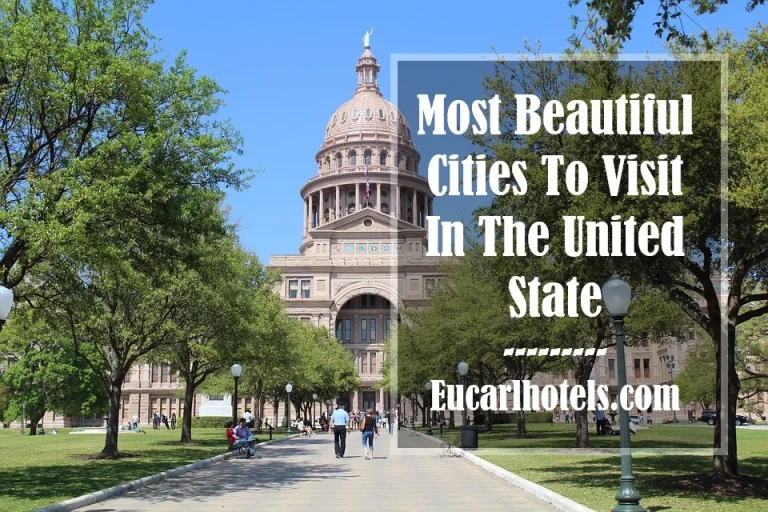10 Most Colourful Festivals Celebrated In West Africa
The most colourful festivals celebrated in West Africa are a delightful event that is a great plus to the African community.
Historically, many Africans have solidified their bonds by celebrating spectacular festivals. Before and during the early colonial era, these festivals engaged all members of a society (including invisible beings) and drew on all available artistic resources.
In the 21st century, the rural, metropolitan, national, and global communities to which contemporary Africans belong (or to
This a tri b which they wish to belong) vary dramatically in size, constitution, and outlook; accordingly, their festivals take on many different forms.
1. Calabar Festival
The month-long annual carnival, which features several events, has become a big draw since it was launched in 2004. Describing itself as Africa’s biggest street party, it attracts local and foreign tourists throughout December.
In the first three weeks of the carnival, there are musical performances, food competitions, a solidarity march, street parties, fashion shows, a prestigious essay writing competition, art shows, traditional dances and masque events.
Calabar Carnival in Nigeria furthermore tagged ” Africa’s Biggest Street Party”, was created as part of the dream of making the Cross River State in Nigeria, the number one tourist place visited by Nigerians and tourists all over the world.
2. Fetu Afahye
Fetu Afahya is an annual celebration of the people of Oguaa. The significance of this year’s festival is indicated in its name “afahye” or “afe Ahyea Afe,” meaning “one year has met another year. This is one of the most colourful festivals celebrated in West Africa.
The word Fetu is a contraction of ‘in tu’ in the local dialect which means clearing the dirt. Oguaa Fetu Afahye festival is, therefore, a commemoration of that purification which saved the land from the plague and a show of gratitude to the 77 gods of the Oguaa Traditional Area.
To celebrate Fetu Afahya, a vigil is observed at the “Fosu” Lagoon near its shrine every last Monday of August. A large number of people gather at the shrine to have a glimpse of the display of the priests and priestesses of the traditional area. This exhibition is normally done at night till the next morning.
3. Durbar Festival
The Durbar Festival is a colourful ceremony held annually in the northern part of Nigeria. The festival features various horse riding. This is one of the most colourful festivals celebrated in West Africa.
The festival is an annual cultural, religious and equestrian festival celebrated in several northern cities of Nigeria including Kano, Katsina, Sokoto, Zazzau, Bauchi, Bida and Ilorin.
The festival marks the end of Ramadan and also coincides with the Muslim festivities of Eid al-Adha and Eid al-Fitri.
The Durbar festival dates back over 200 years when horses were used in warfare to protect the Emirate. Each noble household was expected to defend the Emirate by performing as a regiment to showcase their horsemanship and readiness for war.
4. Ofala Festival
Ofala Onitsha is the indigenous Ofala Festival held by indigenes of Onitsha, Nigeria. It is usually held in October and is the high point of the Onitsha ceremonial cycle. Ranked among the most colourful festivals celebrated in West Africa.
It serves as an renewal of the king or Obi. The term of all is derived from two Igbo words – ofo (authority) and ala (land). The festival is celebrated within two days mostly in October by the king or Obi.
The monarch has to fulfil certain obligations. The Ofala is primarily a celebration by the monarch and his subjects of the monarch’s annual emergence from seclusion, during which period the monarch has successfully negotiated the fortunes of the kingdom.
5. Osun-Oshogbo Festival
Osun Osogbo Festival, in Osun State of Nigeria, is celebrated at a sacred grove, to worship Osun, the Yoruba goddess of fertility, it is one of the most celebrated events in the Yorùbá land, and also one of the most colourful festivals celebrated in West Africa.
The festival is usually attended by tourists from all over the world, as well as Osun devotees. During the festival, tourists, visitors, and devotees drink from the Osun River for its perceived divination, while some take the water home to bathe with.
The festival of Osun-Osgobo, which takes place every year in Osogbo, Nigeria, celebrates the goddess of fertility, Osun. The festival renews the contract between humans and the divine: Osun is believed to grace the community; in return, it vows to honor her Sacred Grove.
6. Gerewol Festival
Held in the southwest of Chad, the Gerewol takes place at the end of the rainy season, around the last week of September. The Woodabe people lead a semi nomadic life of cattle herding, covering huge distances in search of water in isolated family groups.
The purpose of these is for the young Wodaabe men to show off their beauty, with the intention of finding partners – the men usually range from about 17 to 25 in age, although ‘noble’ men, those who have the potential to become chiefs or sultans, do not take part.
Once a year, the largest and most important celebration of the Wodaabe people belonging to the Fulbe ethnic group takes place – the Gerewol festival. This is one of the most colourful festivals celebrated in West Africa.
7. Voodoo Festival
In Benin, worshippers of Voodoo, a religion that worships gods and natural spirits, have gathered to pay their respects to the deities. The meeting takes place on the beach in Ouidah, a former slave trading hub, by the Atlantic Ocean. Mami Wata is the most revered deity.
The Voodoo Festival or the Fête du Vaudou on 10 January is a celebration of traditional religions in the West African country of Benin, the cradle of the voodoo cult. Voodoo claims a prominent place in the identity of Benin where the pantheon of gods includes more than 300 deities.
Every year in Benin, locals celebrate a festival in tribute to the deities of Voodoo, the indigenous religion worshipping natural spirits and revering their ancestors. This also is most colourful festivals celebrated in West Africa.
8. Guinea Bissau Carnival
Every year, carnival in Guinea-Bissau combines the country’s traditional culture with the joy of living and the magic of Africa. Recognised as one of the most colourful festivals celebrated in West Africa.
The four-day Guinea-Bissau Carnival takes place mainly in Bissau and on the Bijagos archipelago, where the different ethnic groups and inhabitants of the small villages and other towns of the country come together to present their culture and traditions.
9. Igu Aro Festival
The performance of the Igu-Aro of the Umueri people was perceived as an essential mechanism for transmitting the people’s cultural identity.
The Igu-Aro is celebrated to mark the beginning of a new year and to recognize and honour some deserving Nigerians and non-Nigerians. The festival is celebrated in funfair with traditional and cultural events, including the organization of Umunri colloquium.
Igu Aro affords the people of Enugwu-Ukwu the opportunity to take stock of the past year and commit the New Year to God in prayers.
10. Festival of Masks ”Fêtes des Masques”
It is one of Côte d’Ivoire’s most famous festivals is the Fêtes des Masques (Festival of Masks), which takes place in the region of Man occurs in yearly. This ranks among the most colourful festivals celebrated in West Africa
The Fêtes des Masques,(Festival of Masks) which is usually held in November in the region of Man is one of Ivory Coast’s hugest and best-known festivals. Tournaments between villages are held in order to find the best dancers, and to pay homage to the forest spirits embodied in the sophisticated masks. Another important event is the week long carnival in Bouaké each March.
Conclusion
As you might have explored the 10 most colourful festivals in West Africa, you may wish to partake in any of the awe-inspiring colourful yearly festivals.
If you find this piece helpful, do well to share

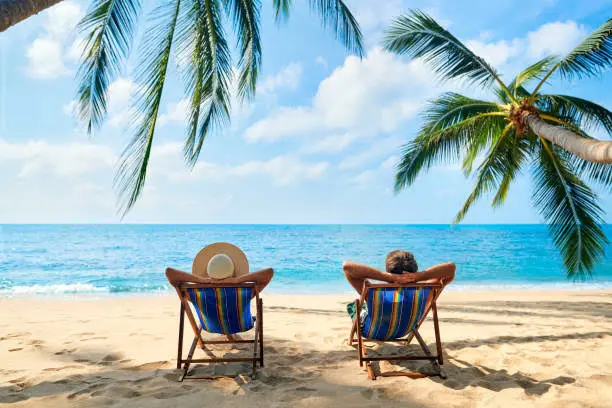
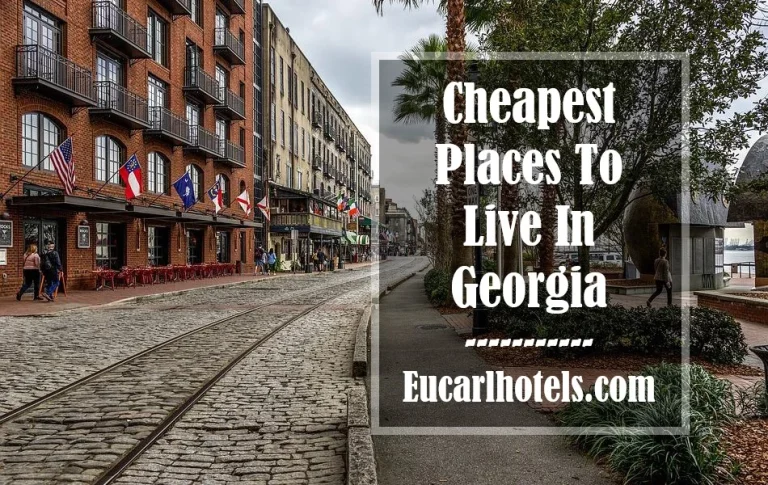
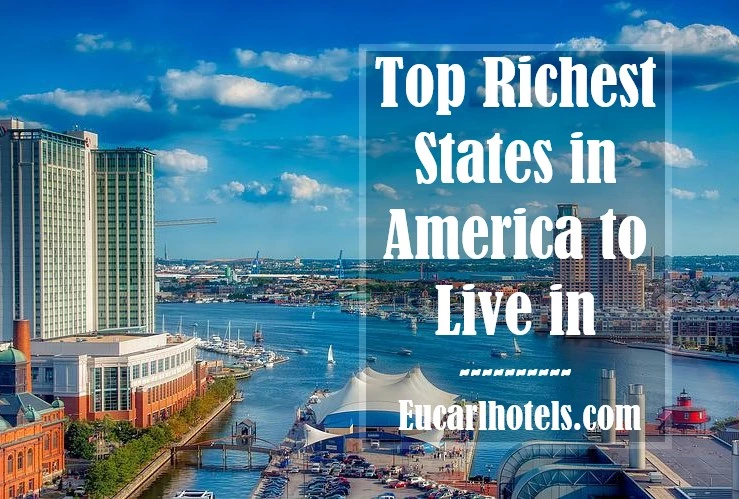
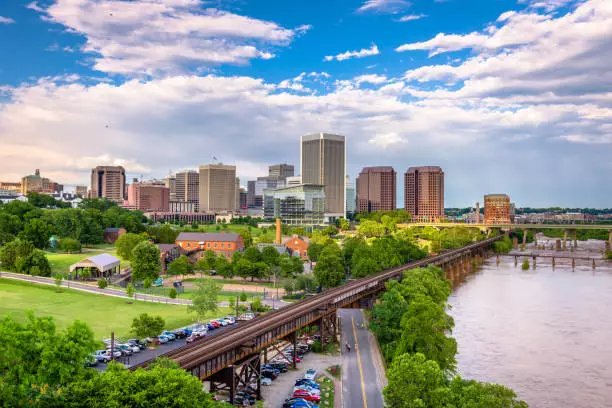
![Top Places Of Interest In Enugu State ([year]) Places Of Interest In Enugu State](https://eucarlhotels.com/wp-content/uploads/2023/01/Places-Of-Interest-In-Enugu-State-768x522.jpg)
